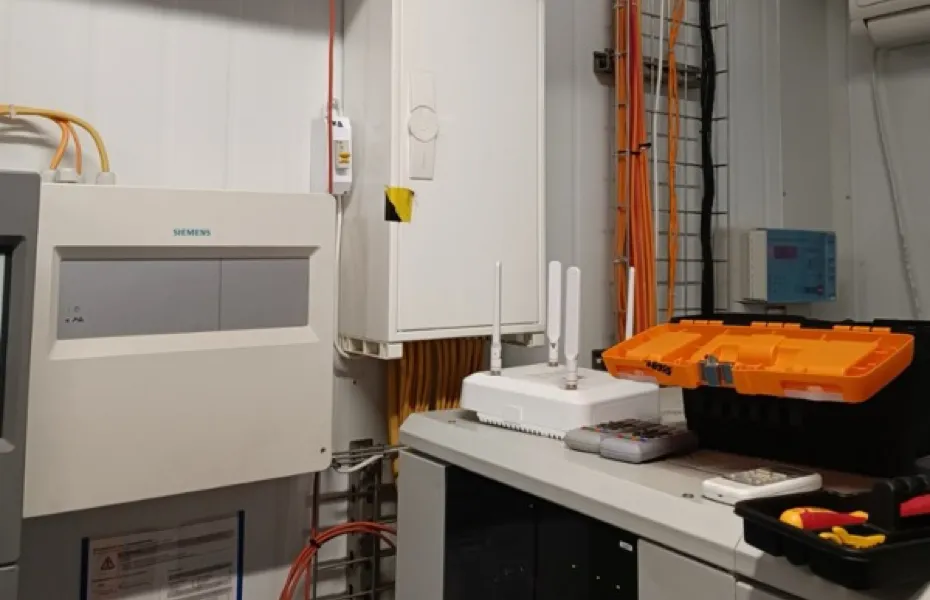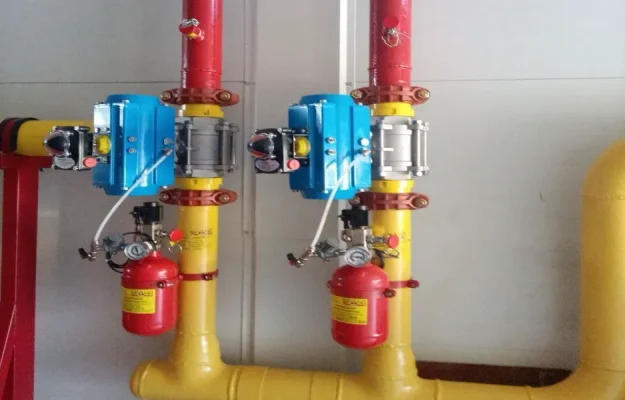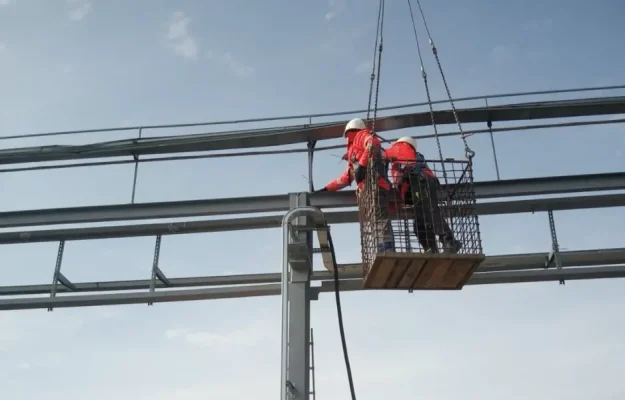In today’s world, video surveillance is not a luxury but a necessity for business security. It helps prevent theft, monitor staff, track events in real time, and store video evidence.
1. Identify your facility’s needs
Before purchasing equipment, answer a few questions:
- What is the size of the premises?
- Are there outdoor areas to monitor?
- Is night vision needed?
- Do you need remote access to the cameras?
2. Choose the type of cameras
- IP cameras — transmit video over a network, offer high image quality, and easily integrate with other systems.
- Analog cameras — a more budget-friendly option but with limited features.
- Cameras with video analytics — recognize faces, license plates, and detect suspicious activity.
3. Important additional features
- Video recording to a server or cloud
- Remote access via phone or PC
- Integration with security systems, access control, and fire safety
- Automatic notifications about motion or intrusion
4. Installation and maintenance
Camera installation must consider viewing angles, lighting, and possible blind spots. Regular technical maintenance ensures the system operates reliably.
Conclusion
A properly designed video surveillance system is not only protection but also a business management tool. Leda provides a full range of services: from design to video surveillance maintenance.
Contact us — and we will find the optimal solution for your business.


